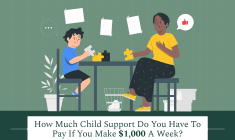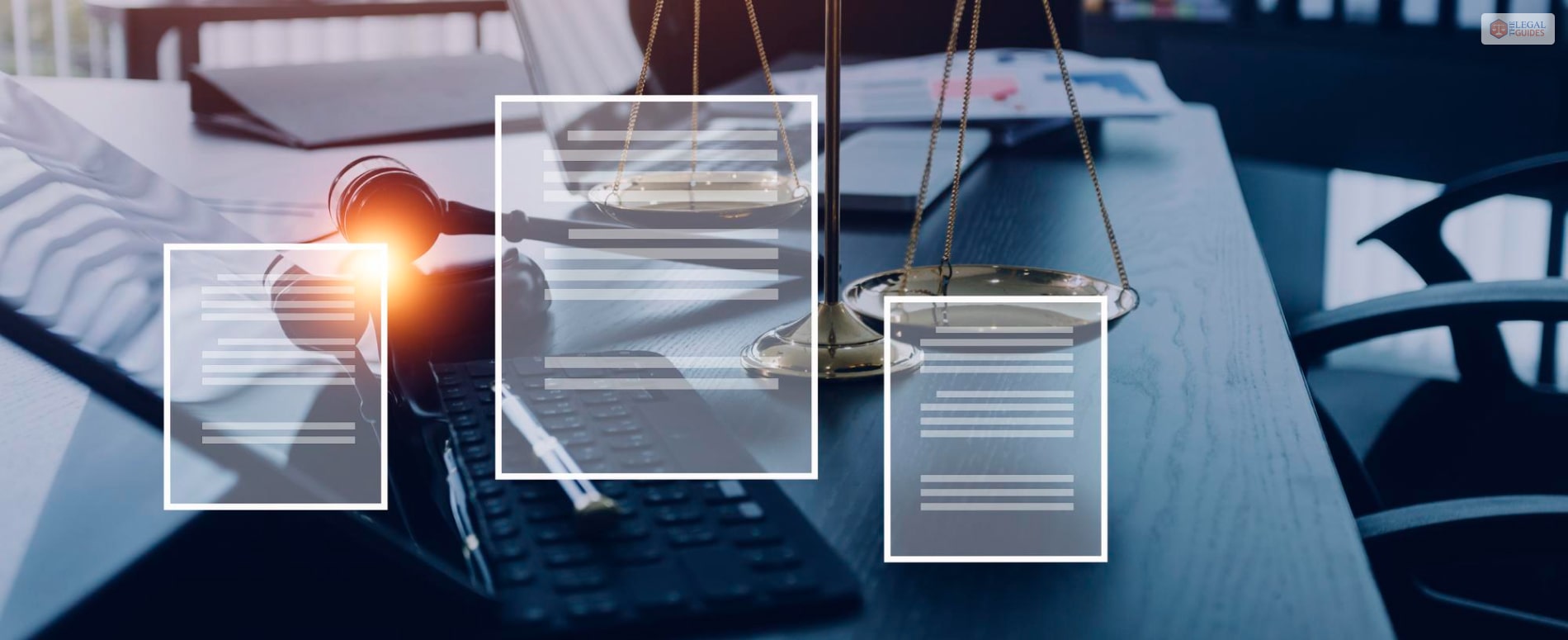Sometimes the child, especially during adolescence, gets wild and unruly, causing havoc and problems for others and themselves. This problematic and rebellious behavior might make them commit a crime someday, resulting in arrest. A child getting arrested can be one of the most gut-wrenching moments for a parent. You might be left wondering what they get arrested for.
As the initial shock goes away, you might think of what to do next to protect your child. After the child’s arrest, you and your child will enter into a very complex situation- the juvenile system.
During such times you can seek the help of law experts like criminal attorneys, who can tell you what you should do. Here are some of the things you can do when after your child’s arrest:

Hire An Attorney:
If your child is detained, tell the police officers not to speak to your child without the presence of your attorney. The child is entitled to have Miranda rights (right to remain silent), and the authorities should invoke Miranda rights. When they are held in a juvenile detention center, you should hire an skilled attorney as they will guide you and your child throughout the legal battle.
Your Presence Matters At Every Hearing:
The next important thing you should do as a parent is to be present at every court hearing. Your presence will give confidence to your child and give an impression to the court that you are serious about the case. Throughout the legal battle, your child should also be present at every court hearing or taken into custody/ warrant will be issued and detained again overnight.
Be Ready For Collateral Consequences:
You’ll need to prepare for collateral consequences after court hearings. If your child is 16, the judge may order the child not to drive because of the pending outcome of the case. There is also a significant possibility of the child being removed from school during the case duration. You can seek the help of a criminal attorney in case you need help regarding the collateral consequences.
Meet With The Investigating Officer:
If your child is taken to a diversion program such as the teen court, civil station, or arbitration, you and your child need to meet the investigating officer. This person will give your child the sanctions to complete, like community service hours, consequences class, crimes, and essays. Upon completion of the given tasks, your child’s case will get dismissed, but they will still hold a juvenile record.
Enter A Plea:
You and your child must enter a plea if formal charges are filed against your child. In the next court hearing, the child will enter a plea of guilty, not guilty, or no contest. After that trial and pre-trial date will start, and during the next hearings, all the witnesses will be available for the trials. The judge will listen to the testimonies from witnesses, state and defense and make a decision.
Bottom Line
Unlike adult cases, juvenile cases are usually for an indeterminate period of time. Also, most juvenile courts consider early termination of probation if they have shown great strides during their probation period. While fighting your child’s case, you must hire a criminal attorney.
Additional:
















